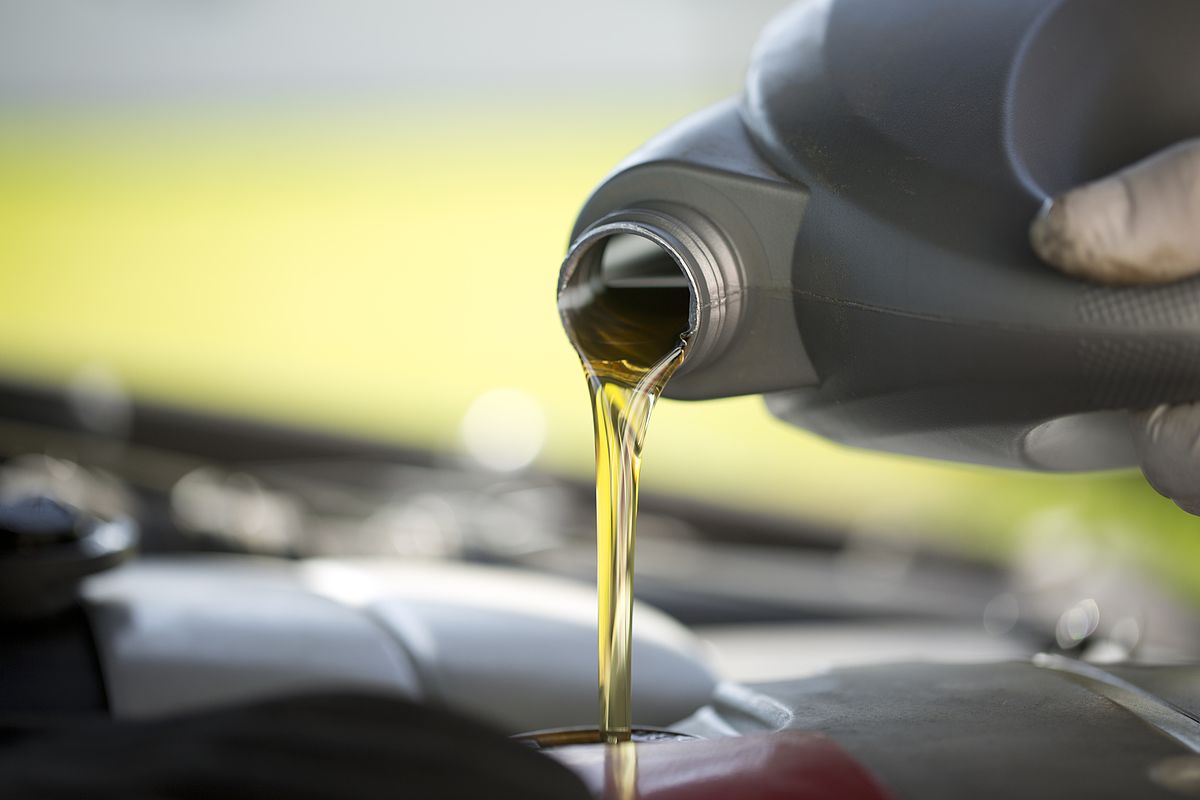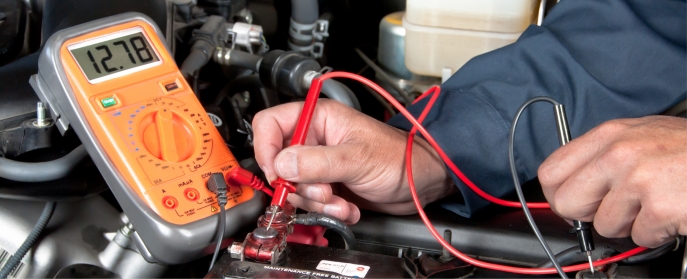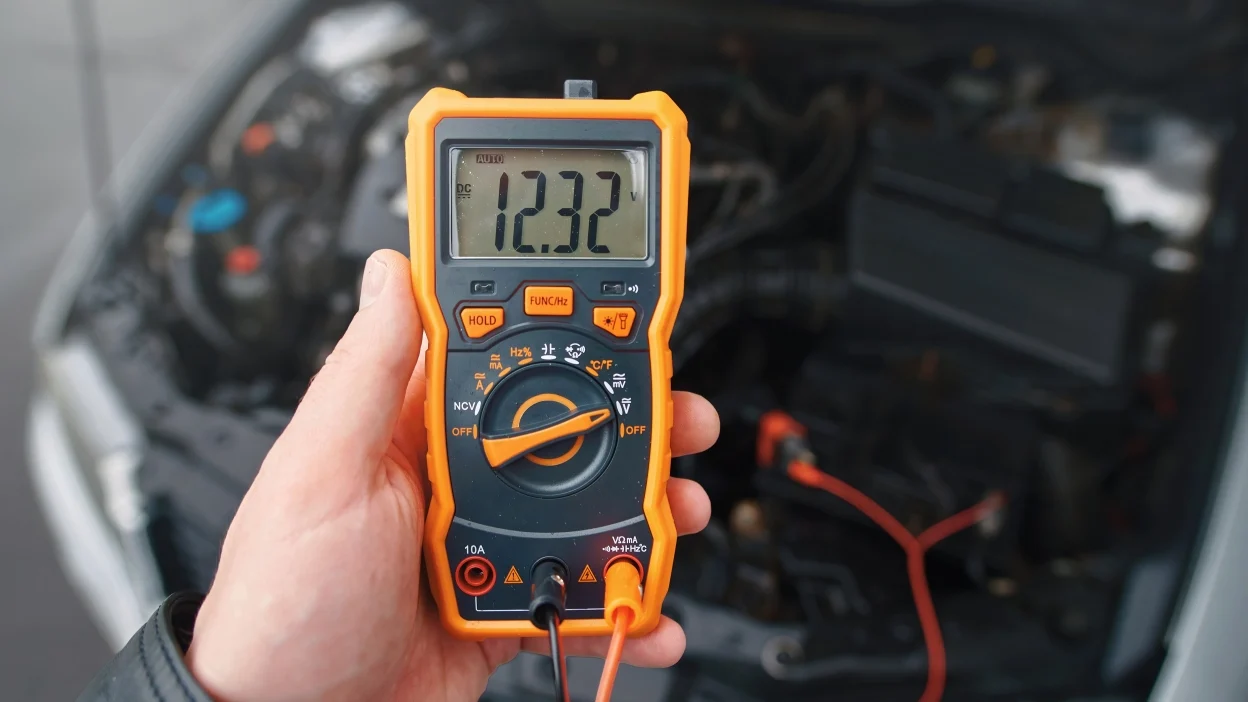How to Tell if Your Engine is Burning Oil: A Complete Guide
Knowing how to tell if your engine is burning oil is essential for every car owner. An engine that burns oil can lead to costly repairs, reduced performance, and even long-term damage if left untreated. This guide will help you identify the signs of an oil-burning engine and provide tips on what you can do to address it.
Table of Contents
What Does It Mean When an Engine Burns Oil?
Burning oil occurs when oil enters the combustion chamber and mixes with fuel, burning off as the engine runs. Ideally, motor oil should stay in the oil pan, lubricating the engine components, not entering the combustion process. But when oil leaks into the combustion chamber, it burns, often producing visible symptoms.
Understanding how to tell if your engine is burning oil early on can save you from major repairs down the line. Let’s explore some of the main symptoms.
Common Signs Your Engine Is Burning Oil
- Excessive Exhaust Smoke
- One of the most common signs that your engine is burning oil is thick, bluish smoke from the exhaust pipe. While all engines emit some smoke, blue-tinted exhaust indicates burning oil. This happens when oil leaks past the piston rings or valve seals into the combustion chamber.
- If you notice blue smoke when accelerating or revving the engine, it’s a clear indicator of burning oil.
- Unusual Oil Consumption
- If you’re frequently topping off your engine oil but don’t see any leaks, your engine may be burning oil. Regularly check the oil dipstick and note how much oil you’re using. If you need to add oil more than usual, this could be a sign.
- To accurately monitor oil levels, check your oil every two weeks. If it’s consistently low, it may be burning away during combustion.
- Oil Smell Inside the Cabin
- Another way to tell if your engine is burning oil is by smelling it. If oil burns in the engine, you might notice a distinct burnt-oil smell inside the cabin, especially when the car is idling. This odor is unpleasant and can indicate a serious problem.
- An oil smell may also come from a leak onto hot engine parts, but if you don’t see any leaks, burning oil may be the issue.
- Reduced Engine Performance
- Burning oil can affect your engine’s performance. When oil isn’t where it should be, critical engine components may not be adequately lubricated, causing the engine to overheat or underperform.
- You might notice sluggish acceleration, strange noises, or even stalling. These issues often accompany burning oil.
- Spark Plug Buildup
- If you’re mechanically inclined, remove a spark plug and inspect it for signs of oil buildup. Oil can coat the spark plugs when it burns in the combustion chamber, leading to fouling. If your spark plugs are coated in oil, it’s likely a sign of an oil-burning issue.
Causes of a Car Burning Oil
To fully understand how to tell if your engine is burning oil, it helps to know the common causes behind it. Here are some likely reasons:
- Worn Piston Rings: Piston rings help seal the combustion chamber. When they wear down, they allow oil to seep into the chamber.
- Damaged Valve Seals: Valve seals keep oil from leaking into the combustion chamber. Over time, these seals can wear out, especially in high-mileage engines.
- PCV Valve Malfunction: The Positive Crankcase Ventilation (PCV) valve regulates pressure in the engine. When clogged or broken, it can cause oil to enter the combustion process.
How to Stop Your Engine from Burning Oil
If you’ve determined that your engine is burning oil, consider these steps:
- Check and Replace the PCV Valve: A malfunctioning PCV valve is one of the simpler fixes for an oil-burning issue. Replacing it may resolve the problem if it’s stuck or clogged.
- Use High-Mileage Oil: High-mileage motor oil contains seal conditioners designed to reduce oil consumption by rejuvenating worn seals. Switching to this type of oil can sometimes lessen burning oil in older engines.
- Schedule a Professional Inspection: If you’re unsure how to tell if your engine is burning oil or are unable to diagnose the issue, consult a mechanic. A professional can assess the engine, check for damaged seals, and recommend appropriate repairs.

Final Thoughts on How to Tell if Your Engine is Burning Oil
Regular maintenance and vigilant observation are key to preventing oil-burning issues. By watching for common signs like blue smoke, frequent oil refills, and unusual engine performance, you can catch problems early.
Understanding how to tell if your engine is burning oil can save you from expensive repairs and keep your engine running smoothly. Regularly monitor oil levels and address symptoms quickly to ensure your engine’s health and longevity.
Related Post:
To ensure accurate oil checks, learn more about how to read a dipstick for proper engine maintenance.





Leave a Reply